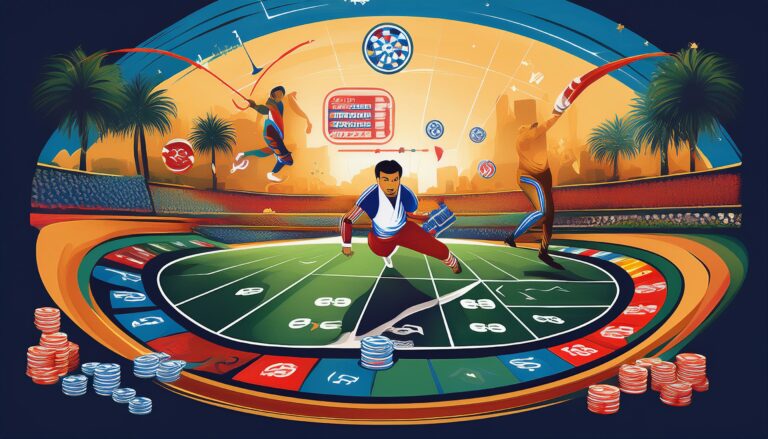Exploring the Relationship Between Cricket and Politics
Cricbet99, Apbook: In many countries, the game of cricket has been intertwined with political movements and ideologies, dating back to its introduction by colonial powers. The sport often became a symbol of resistance or unity during times of political upheaval or struggle. Leaders and revolutionaries would use cricket as a platform to rally support or showcase national pride.
One notable example is India’s fight for independence from British rule, where cricket was not just a sport but a means to assert national identity. The Indian national cricket team’s victories against their former colonizers had significant political implications, instilling a sense of pride and unity among the population. Similarly, in South Africa during the apartheid era, cricket became a battleground for racial equality, with the sport being used to challenge the unjust policies of the government.
Colonialism and the Spread of Cricket
Colonialism played a significant role in the spread of cricket across the globe. British colonial administrators and soldiers introduced the sport to new territories as part of the process of cultural imperialism. As the British Empire expanded its reach, so too did cricket, taking root in countries such as India, Australia, and the West Indies. The sport became a symbol of British influence and power in these regions, serving as a way to assert dominance and control.
In many colonial contexts, cricket became more than just a game—it became a tool for social stratification and control. The sport was often played along racial and class lines, with colonizers using cricket to reinforce hierarchies and divisions within society. For colonized populations, cricket could offer a means of resistance against colonial rule, allowing for a sense of agency and pride in the face of oppression. Despite its origins in colonialism, cricket also provided colonized peoples with a platform to challenge and subvert the dominant power structures of the time.
• Cricket was introduced to new territories by British colonial administrators and soldiers
• The sport became a symbol of British influence and power in countries like India, Australia, and the West Indies
• Cricket played a role in social stratification and control in many colonial contexts
• Colonizers used cricket to reinforce hierarchies based on race and class
• For colonized populations, cricket provided a means of resistance against colonial rule
Nationalism and Cricket as a Tool for Identity
Cricket has served as a significant tool for many nations in shaping and expressing their identities. The sport’s ability to evoke national pride and unity is evident in the way it brings people together under one flag, cheering for their team. Across the globe, cricket has become a symbol of national identity, reflecting a country’s values, traditions, and aspirations.
In post-colonial settings, cricket has played a crucial role in the assertion of national identity. Through the game, newly independent nations have reclaimed a sense of self-determination and pride, distancing themselves from their colonial past. The sporting arena becomes a symbolic battleground where countries strive to assert their sovereignty and prove their worth on an international stage.
What is the historical connection between cricket and politics?
Cricket has often been used as a tool by politicians to promote national unity and identity.
How did colonialism contribute to the spread of cricket?
Colonial powers such as the British Empire introduced cricket to their colonies, leading to its popularity in countries like India, Pakistan, and Australia.
How is nationalism linked to cricket as a tool for identity?
Nationalism often manifests through support for a national cricket team, with matches serving as a symbol of national pride and unity.







